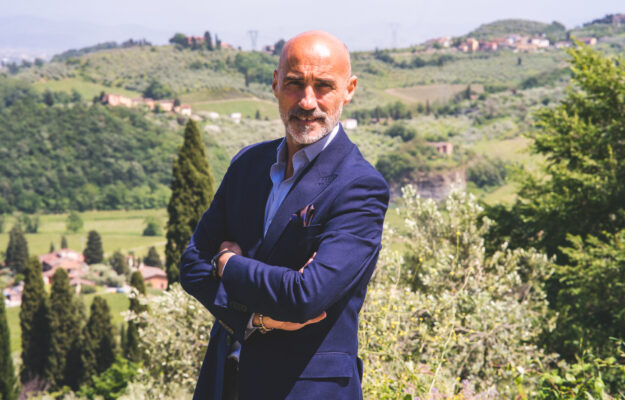On the bottles it was written that the wine was Chianti Doc, Brunello di Montalcino Docg and, even, Sassicaia. But inside were low-quality products, even adulterated by alcohol. But now, for the fraud uncovered in “Operation Bacchus”, which saw investigations begin as far back as 2014, came a conviction in the Supreme Court for one of the defendants, on charges ranging from conspiracy to commit fraud in trade, to counterfeiting the brand and origin of wine. Bottling the adulterated wine was a Tuscan company in the Empoli area, where the false labels were applied. But better explaining the contours and implications of this affair, to WineNews, is lawyer Marco Giuri, with his Florence-based Studio Giuri, a point of reference in wine regulations and legislation, has been following the affair, among others, from the very beginning. “We have been following this proceeding, named “Operation Bacchus” by the investigators, for 10 years as a law firm alongside a number of Manufacturing Companies that are owners of some of the trademarks subject to counterfeiting and identified as offended persons. A few days ago, the grounds of Judgment No. 13767/2024 of Section V of the Criminal Cassation were published, which confirmed the crime of criminal conspiracy aimed at the production and trade of wine with false DOC, false trademarks and not genuine for one of the participants who had opted for the abbreviated procedure in the trial”. It was still 2014 when some restaurateurs, wine shop owners and wine exporters, operating in the Prato and Pistoia area, reported bottles of fine wine in circulation that actually contained a different product than the original, Giuri recalls. “After these reports, initial investigative findings were obtained, the use of wiretaps was authorized, which, together with observation services, then led to the execution of searches and the seizure of counterfeit labels, state seals and zip bands. The sentence upheld by the Supreme Court describes an activity that consisted of buying low-quality wine, adding alcohol to it to increase its alcohol content, bottling it and putting it on sale in such a way that it appeared to be a fine wine by falsifying the bands, the relevant geographical indications, appellations of origin, the relevant trademarks and the ministerial mark provided for Doc and Docg wines”, An operation, therefore, that went far beyond the “simple” counterfeiting of trademarks to the actual adulteration of wine with alcohol. “I confirm this, in this case it is not only industrial property that has been violated, but also the unfaithful use of distinctive wine signs and the related administrative certification, as well as the adulteration of the product. Several bottles of 96° alcohol were seized, the possession of which, in that quantity found, is absolutely prohibited inside wine-making establishments, wineries and on the premises attached to them”.
And so, therefore, at least for one of the defendants, the final conviction was reached. “For one of the defendants, it came to the Supreme Court, and the Supreme Court upheld the conviction for criminal conspiracy because several people organized with different tasks had, among other things, contributed to the production, marketing, and offering for sale of counterfeit wine. More specifically, the Supreme Court”, explained lawyer Giuri, “upheld the conviction because the defendant had participated in the illicit purpose of the organization by engaging in the false finding and use of the wine guarantee bands affixed to the bottles, with the aim of deceiving potential buyers about the genuine origin and quality of the product. For other defendants, the trial before the Criminal Court of Florence is still ongoing. In this trial, the Florence Public Prosecutor's Office had indicated as offended persons, in addition to the companies producing the counterfeit fine wines, also the Brunello Consortium, which has joined as a civil party, and the Ministries of Health and Agriculture”. An affair that tells how the phenomenon of wine counterfeiting, even in Italy, is not to be underestimated. “It is essential that the surveillance work of companies and consortia continues, in concert with the control, certification and investigative authorities in charge. Only a synergy and close collaboration of all actors truly protects our made in Italy and our wine excellence”, concludes lawyer Giuri.
Copyright © 2000/2026
Contatti: info@winenews.it
Seguici anche su Twitter: @WineNewsIt
Seguici anche su Facebook: @winenewsit
Questo articolo è tratto dall'archivio di WineNews - Tutti i diritti riservati - Copyright © 2000/2026







































































































































































































